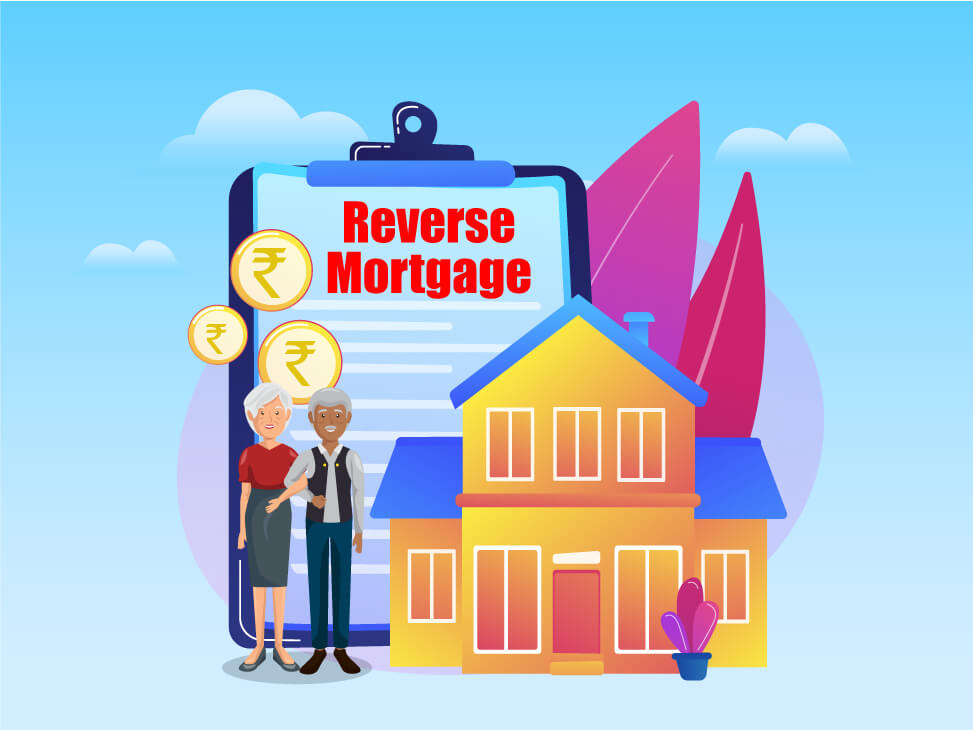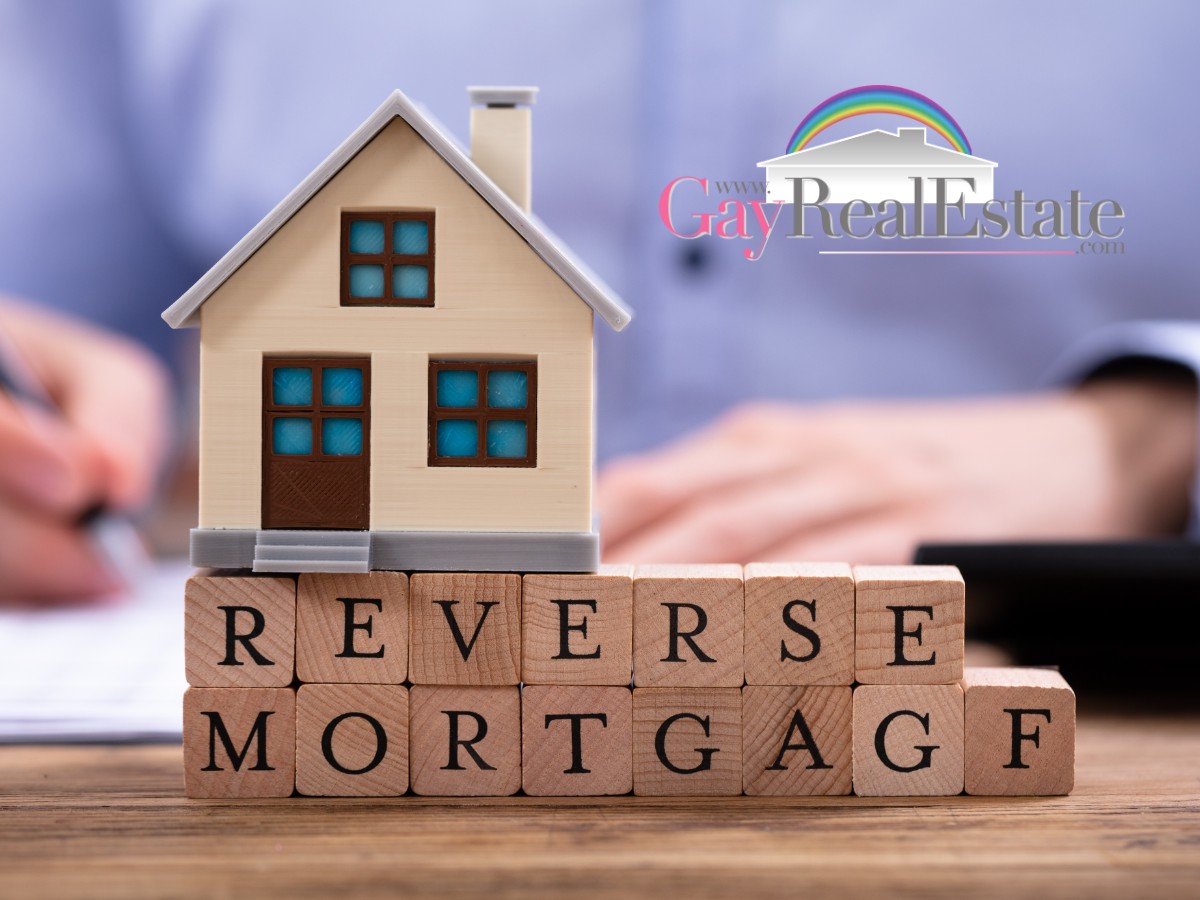How to Purchase Reverse Mortgage and Use It to Fund Your Future
How to Purchase Reverse Mortgage and Use It to Fund Your Future
Blog Article
Unlock Financial Freedom: Your Overview to Buying a Reverse Home Mortgage
Understanding the complexities of reverse mortgages is important for property owners aged 62 and older seeking financial freedom. As you consider this option, it is crucial to grasp not just just how it functions however likewise the implications it might have on your economic future.
What Is a Reverse Home Mortgage?

The fundamental allure of a reverse mortgage depends on its possible to enhance monetary adaptability during retired life. Home owners can use the funds for different objectives, including medical expenditures, home improvements, or daily living costs, therefore giving a safety internet throughout a crucial phase of life.
It is vital to understand that while a reverse home loan enables increased cash flow, it likewise lowers the equity in the home over time. As interest collects on the superior loan balance, it is crucial for prospective consumers to carefully consider their long-term financial plans. Consulting with a financial advisor or a reverse home loan expert can give beneficial understandings right into whether this option aligns with a person's economic objectives and conditions.
Qualification Needs
Recognizing the qualification demands for a reverse home loan is crucial for property owners considering this monetary option. To qualify, candidates have to go to least 62 years old, as this age requirement allows seniors to accessibility home equity without month-to-month mortgage repayments. In addition, the house owner has to inhabit the house as their main residence, which can include single-family homes, certain condos, and produced homes meeting specific standards.
Equity in the home is one more vital requirement; homeowners usually require to have a substantial amount of equity, which can be determined via an evaluation. The amount of equity readily available will directly affect the reverse home loan amount. Applicants need to demonstrate the capability to maintain the home, including covering property taxes, home owners insurance coverage, and upkeep costs, making sure the residential or commercial property continues to be in good condition.
In addition, prospective debtors have to undergo a monetary analysis to evaluate their earnings, credit rating background, and total financial situation. This evaluation aids lending institutions identify the applicant's capacity to meet ongoing responsibilities connected to the building. Meeting these requirements is important for protecting a reverse home mortgage and making certain a smooth financial transition.
Benefits of Reverse Mortgages
Various benefits make reverse mortgages an appealing option for elders looking to enhance their financial flexibility. purchase reverse mortgage. One of the key benefits is the capacity to transform home equity right into money without the requirement for regular monthly home loan repayments. This function enables senior citizens to access funds for numerous demands, such as clinical costs, home enhancements, or daily living costs, thereby minimizing financial stress
Additionally, reverse home mortgages give a safeguard; elders can proceed to reside in their homes for as long as they my site fulfill the financing needs, promoting stability throughout retired life. The earnings from a reverse mortgage can also be made use of to postpone Social Safety and security benefits, possibly leading to greater payments later.
In addition, reverse home mortgages are non-recourse finances, implying that customers will never published here ever owe greater than the home's worth at the time of sale, securing them and their heirs from economic liability. The funds received from a reverse home loan are generally tax-free, including another layer of monetary relief. Generally, these advantages setting reverse home mortgages as a useful service for elders seeking to boost their financial circumstance while maintaining their treasured home setting.

Costs and Charges Involved
When thinking about a reverse home mortgage, it's vital to be aware of the different expenses and costs that can influence the total financial picture. Comprehending these costs is essential for making a notified choice concerning whether this economic item is appropriate for you.
Among the key costs related to a reverse mortgage is the origination fee, which can vary by lender yet usually varies from 0.5% to 2% of the home's evaluated worth. In addition, home owners need to prepare for closing prices, which might consist of title insurance coverage, evaluation charges, and credit score record costs, typically totaling up to numerous thousand bucks.
One more considerable expense is mortgage insurance policy costs (MIP), which secure the loan provider against losses. This fee is generally 2% of the home's value at closing, with a recurring annual costs of 0.5% of the continuing to be funding balance.
Finally, it is essential to think about ongoing costs, such as real estate tax, home owner's insurance coverage, and upkeep, as the debtor continues to be in charge of these costs. By meticulously reviewing these expenses and fees, house owners can much better evaluate the financial ramifications of going after a reverse home loan.
Actions to Begin
Obtaining begun with a reverse home loan entails several crucial actions that can assist simplify the process and ensure you make published here educated decisions. Evaluate your monetary scenario and determine if a reverse home loan lines up with your lasting goals. This includes assessing your home equity, present financial debts, and the necessity for extra earnings.
Following, study numerous lenders and their offerings. Search for credible institutions with positive reviews, transparent charge structures, and competitive rate of interest prices. It's necessary to contrast terms to find the most effective fit for your needs.
After selecting a lender, you'll need to complete a detailed application process, which generally requires documentation of income, assets, and home details. Take part in a counseling session with a HUD-approved therapist, that will certainly supply insights into the implications and responsibilities of a reverse home mortgage.
Verdict
In conclusion, reverse home mortgages present a sensible choice for seniors seeking to boost their monetary security during retired life. By converting home equity right into available funds, homeowners aged 62 and older can attend to various monetary demands without the pressure of month-to-month repayments.
Recognizing the intricacies of reverse home loans is essential for house owners aged 62 and older seeking monetary liberty.A reverse mortgage is a monetary item designed mostly for homeowners aged 62 and older, enabling them to transform a section of their home equity into money - purchase reverse mortgage. Consulting with a reverse home loan or an economic advisor specialist can supply beneficial insights into whether this choice straightens with a person's financial goals and scenarios
In addition, reverse mortgages are non-recourse car loans, indicating that consumers will certainly never owe more than the home's value at the time of sale, safeguarding them and their beneficiaries from monetary obligation. On the whole, these advantages placement reverse mortgages as a practical service for senior citizens seeking to enhance their monetary circumstance while preserving their treasured home atmosphere.
Report this page